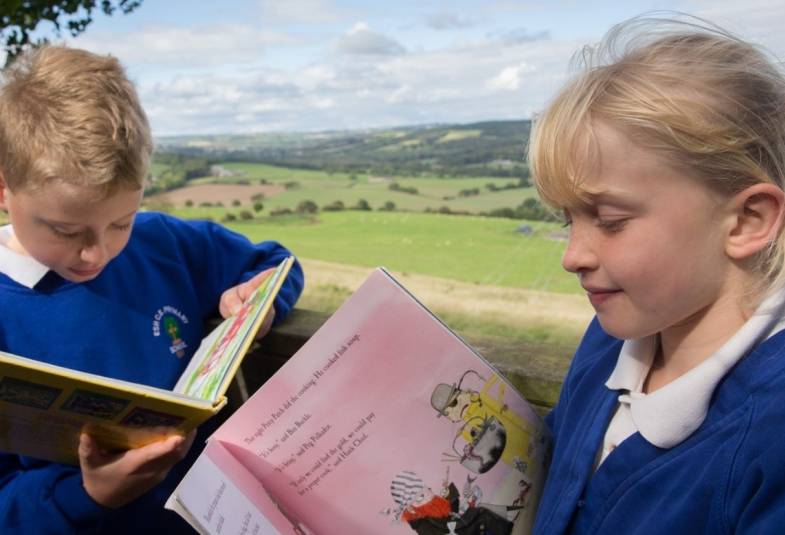28/06/2018

The Church of England is the largest single provider of schools in the country. Our schools are found in communities the length and breadth of England, and are there for everyone, irrespective of affluence or faith background. Whilst the majority of our current one million pupils attend larger urban schools, we nevertheless provide over seventy percent of England’s very small schools in rural communities – a significant majority.
This means we have a responsibility to face up to the issues affecting rural communities today. Be they doctors’ surgeries, pubs, libraries, post offices, churches or schools, service providers know that to succeed in a rural setting they must provide a high quality local service which is sustainable in the long term. Smaller communities mean economies of scale can be harder to achieve.
We’re rising to this challenge in a number of ways. Most importantly, we are committed to putting children’s education first, and ensuring every child in our care can achieve their potential. To do this effectively, we need to reimagine what outstanding education looks like in small schools and rural, often isolated, villages, and to be aware that the data we use to measure the quality of a larger setting may not be appropriate for the smaller cohorts of children in a rural school.
We’re also helping schools to get smarter in sharing resources – such as Head teachers or business managers, so these roles do not have to be sustained by a single school. There are many ways in which this can be done.
This year, The Church of England has published a report, Embracing Change, which addresses rural schools’ issues head-on. The report not only draws together data to help us understand the challenge but gives a range of pointers to schools and dioceses to support their provision of the quality education children in rural communities deserve.
The report also recognises the challenges and constraints of limited resources, including poor infrastructure such as a lack of public transport or limited internet connectivity.
To help get rural schools onto the front foot, we have made a number of recommendations, including:
- Working together: Developing a strategy across families of schools rather than just individual schools. This means thinking innovatively about joint leadership, shared specialists and creative partnerships.
- Recognising excellence: Developing research into what things make for good and outstanding education in rural context and we are working with the DfE and others to shape such research.
- Wider focus: Cross-government and whole community thinking to embrace change and reimagine a vision for rural communities. We are hosting a symposium in November to provide a catalyst for such thinking.
- Excellent leaders: A focus on developing leadership for rural and small schools. This is why we have focused so much energy and resource on the Church of England Foundation for Educational Leadership and we are running four conferences for rural school leaders in different parts of the country from which we will develop bespoke peer support networks for leaders in rural schools.
The issues facing rural communities are real, but I know that our teachers, heads, governors and all involved in Church of England education are up for the challenge. Across the board, we are committed to ensuring children and families in our nation’s villages and rural areas continue to access the very best education possible, and that millions more happy memories of Church of England schools are forged - long into the future!
Revd Nigel Genders, The Church of England's Chief Education Officer